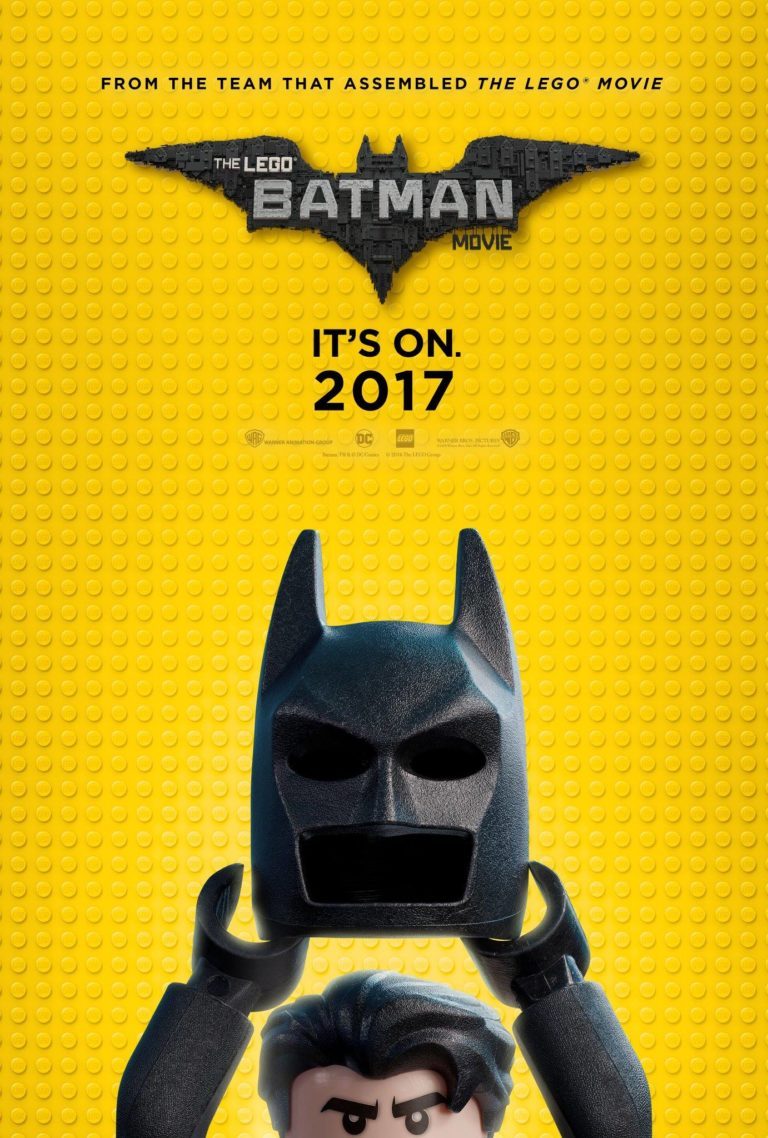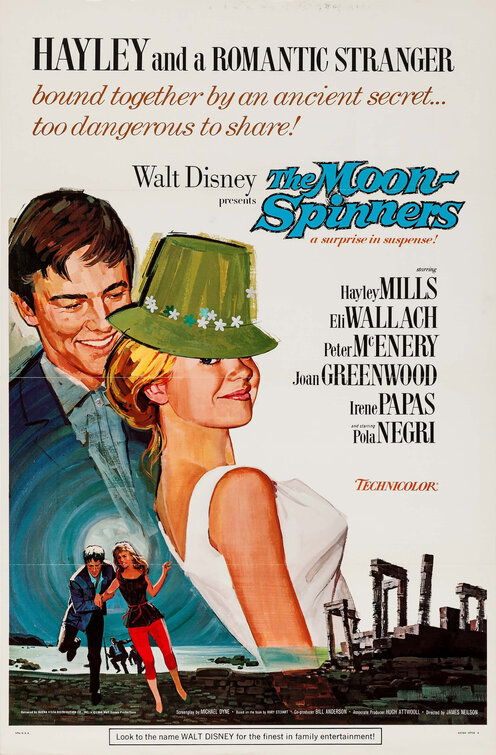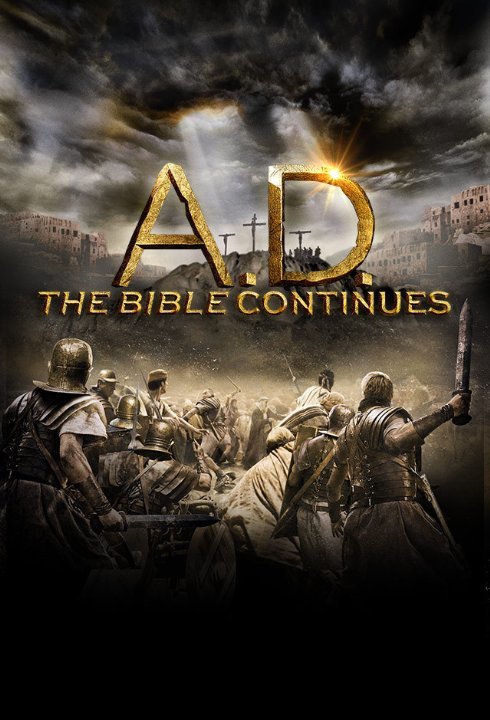Rapid AI Advancements Alarm DUNE Director Dennis Villeneuve
By Movieguide® Contributor
The evolving growth of artificial intelligence in the filmmaking business alarms many directors in Hollywood, including DUNE and DUNE 2 director Dennis Villeneuve.
At a screening of the DUNE 2 in London, Villeneuve expressed his concerns.
“I work with tremendous artists. The thing about cinema I love the most is this collective act of creativity, where you try to make poetry … at the end of the day it is cinema, it is storytelling. It is very moving for me to make it together,” Villeneuve said. “That is why, if ever one day we came up with … you can create a movie just with a computer, maybe it’s going to be interesting in some ways, but I will absolutely miss the collective act of creativity, which is so beautifully human.”
DUNE and DUNE 2 both rely heavily on special effects, especially for the notorious sandworms.
Villeneuve worked with production designer Patrice Vermette “were really obsessed with the idea to try to make this beast look as realistic as possible.”
However, the DUNE books and movies are based on a society that has revolted against the use of AI.
According to Screen Rant:
In Herbert’s original Dune timeline, he briefly describes how artificial intelligence and all other thinking machines were wiped out in a series of devastating wars called the Butlerian Jihad. The original Dune novels explain that the fighting started because of an ideological schism between two factions of humanity – one that had come to rely on the thinking machines for most aspects of life, and one that believed doing so was inherently harmful to the human race. The latter group ultimately won, leading to the destruction of all thinking machines and a renewed focus on uniquely human intelligence, manifested in orders like the Mentats and the Bene Gesserits. Non-thinking machines – computers with very minor capabilities – were still permitted. This legacy of erasing reliance on technology is perhaps best summed up by one of the major religious tenants of Paul Atreides’ Dune era – “Thou shalt not make a machine in the likeness of a human mind.”
The Dune prequel novels written by Brian Herbert and Kevin J. Anderson change the history of the Butlerian Jihad notably, making it instead a war between humanity and an overtly evil AI construct called Omnius. Due to the fierce loyalty to Herbert’s books in Villeneuve’s Dune movie, it’s reasonable to assume that it’s using the original history of the universe as its grounding point. Regardless, the effect is the same – humanity has evolved in such a way and established its society along such guidelines that the idea of relying on computers is not just reprehensible, but heretical. Therefore, there are no remaining thinking machines by the events of both the book and movie versions of Dune.
Villeneuve is far from the first creative to express concerns about the growing trend of using artificial intelligence for creative arts. Much of the writers’ strike in 2023 centered around how Hollywood workers could be protected from AI replacing their jobs.
“AI can create a convincing simulation of a human actor, and the tech is improving at an alarming rate,” says Justine Bateman. Bateman is known for her FAMILY TIES role and later received a degree in computer science and digital media management from UCLA. Bateman advises SAG-AFTRA on AI issues.
“I stress that this is an existential threat,” Bateman says. “And if they can do this with actors, they can do it with writers, directors, cinematographers — everyone. We’ll be replaced with Frankenstein spoonfuls of our own work.”
And while many people in Hollywood are vocal opponents of AI, The Hollywood Reporter gives a different story of what happens behind closed doors:
In the entertainment industry, the Pandora’s box of AI has likely already been unleashed. Behind closed doors, most corners of production, from writers’ rooms to VFX departments, have embraced generative AI tools. For every project that has faced blowback for using AI in some part of the production pipeline, there are dozens more that have quietly adopted the technology.
“There are tons of people who are using AI, but they can’t admit it publicly because you still need artists for a lot of work and they’re going to turn against you,” says David Stripinis, a VFX industry veteran who has worked on Avatar, Man of Steel and Marvel titles. “Right now, it’s a PR problem more than a tech problem.”
“Producers, writers, everyone is using AI, but they are scared to admit it publicly,” agrees David Defendi, a French screenwriter and founder of Genario, a bespoke AI software system designed for film and television writers. “But it’s being used because it is a tool that gives an advantage. If you don’t use it, you’ll be at a disadvantage to those who are using AI.”
One of the reasons for the backlash to AI usage in Late Night and Civil War could be the precedent it appears to set. Hiring or commissioning a concept or graphic artist would’ve been a negligible cost for the productions involved. If companies are willing to use AI to replace such peripheral tasks — in the case of Late Night and Civil War, jobs that could have been accomplished by anyone on their production design teams — what positions are next? Writers? VFX artists?
So while the strike may have resolved, Hollywood continues to go toe-to-toe with how to utilize technology in the future of the entertainment industry.



 - Content:
- Content: 

